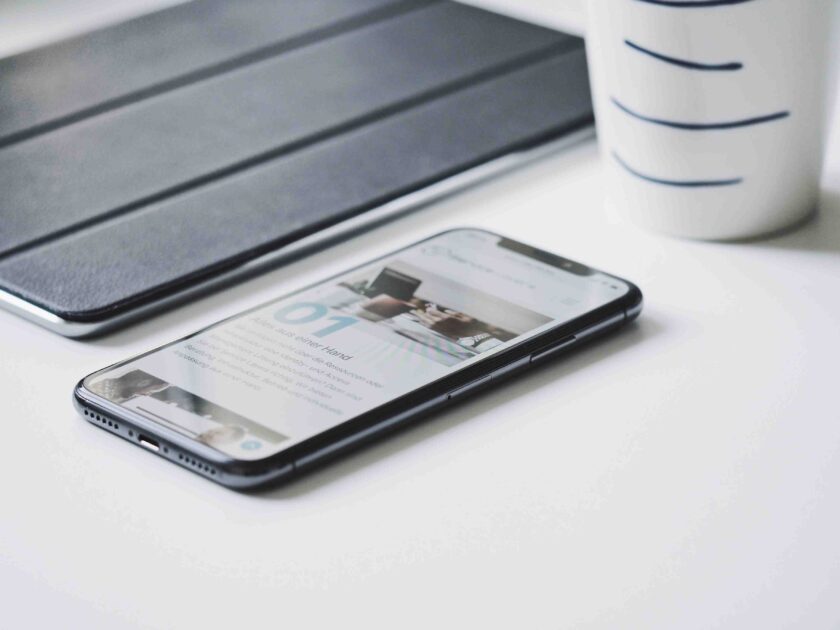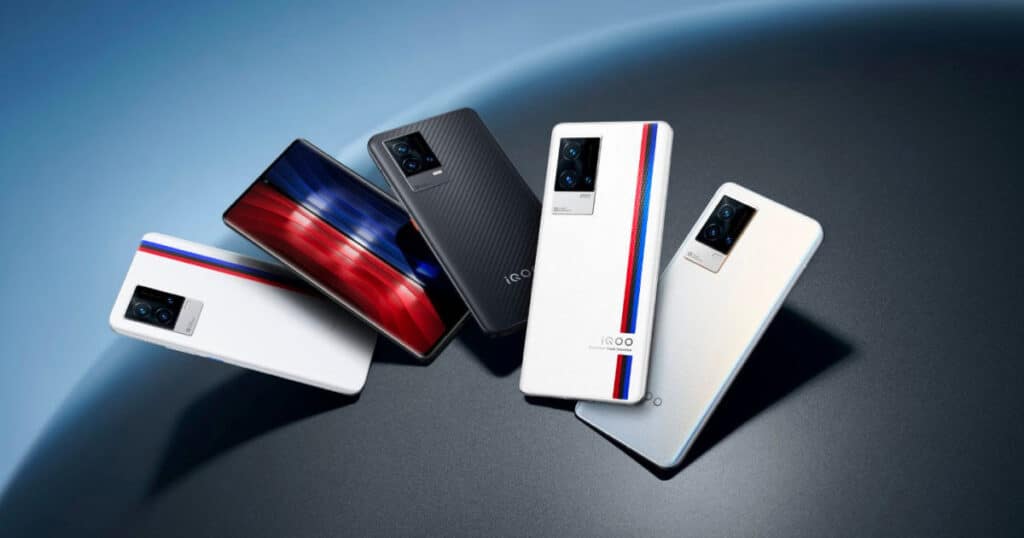Advertisements

Choosing the right phone can be difficult, and the selection of phones on the market only continues to grow. There are hundreds of different brands and models to choose from, all of which have different features and price tags attached to them. How do you know what to look for? How do you know if the phone you’re eyeing has everything you need? And how do you even go about choosing one? Whether this is your first time buying a smartphone or your tenth, we’ve got everything you need to know right here in our complete beginner’s guide to buying a smartphone.
10 Secrets of Buying the Best Smartphone
Things you should know
What type of cellphone contract are you looking for? What will your phone be used for primarily? How much can you afford to spend on a phone and service plan? By answering these questions, you’ll gain valuable insight into what features you absolutely need from your phone. This way, when it comes time to shop, instead of looking at all phones in general, you’ll narrow down your choices based on your own specific needs. Need help choosing between an iPhone and Android device? Check out our guide here.
What should be in your budget?
The price of smartphones these days can vary greatly. While many companies offer plans that include free phones, others only sell their own smartphones at full retail cost. The going rate for a new smartphone is $200 and up—though deals come around every so often for even less (Black Friday is one of them). When shopping for your next phone, it’s important that you have a budget in mind. Decide how much you’re willing to spend on your device before browsing through retailers, as you could get attached to an expensive model if it fits within your budget. Keep in mind: cheaper doesn’t always mean better—the more money you invest upfront, the longer your phone will last (typically).
Research your phone options

Once you’ve decided to buy a new phone, your next step is researching what your options are. You probably already have a few phones in mind, but don’t stop there. It’s worth reading several different reviews and considering all of your options before making a purchase. If it seems like an overwhelming amount of research, use review sites such as GSM Arena or CNET to narrow down your list. The more time you spend planning and doing research, the happier you will be with your purchase decision (and less likely to regret it). Think ahead: One mistake many people make when buying their first smartphone is not doing their homework upfront.
Tecno Pova 5G: Another beast is coming to disrupt Indian Markets
Which smartphones are best for you?
Of course, not all smartphones are created equal. There are plenty of options on offer at different price points, with varying operating systems and hardware capabilities. With so many models on offer, it can be overwhelming to choose one. Fortunately, you don’t have to wade through spec sheets and reviews alone; there are plenty of online guides that will help you narrow down your choices when buying a smartphone. Which smartphones are best for you? That depends on what your priorities are: You might prefer Apple’s sleek iOS user interface or Google’s easy-to-navigate Android software for example—or perhaps you’re looking for a top-of-the-line camera experience. Whatever it is that matters most to you, our handy guide will help determine which phone will suit your needs best.
Consider using an expert

There’s no need to wade through pages and pages of detailed smartphone reviews. If you really want to get an objective take on a device, do what some pros do: ask someone whose opinion you trust. Ask a friend or family member who is particularly savvy about smartphones, or look for a tech expert in your community (maybe at a local university) who would be willing to give their opinion as an interviewee. Just make sure they have experience with similar devices. They don’t have to be an official expert, but their knowledge should be based on hands-on experience rather than hearsay.
How do you pick the right plan?
The best way to determine how much data you’ll need is to answer these three questions: First, do you use your phone for work? If so, how much does it cost your company per month for data? Multiply that by 12 and divide by 1000 (one gigabyte). Next, do you listen to music on your phone often? If so, how many songs can you store on your device before they fill up? Multiply that by 12 and divide by 1000. Third, do you use Google Maps or similar services often while driving in a vehicle? If so, what percentage of the time are you using those apps versus cellular connections while driving around town. At 10 percent of the total time being used while moving, I would recommend buying 20GB of data every month.
Retailers offer warranty protection
One of the easiest ways to protect your phone is by buying a protection plan or extended warranty with it. Retailers like Apple and Amazon offer these plans, or you can go through an independent company like SquareTrade. No matter where you buy it from, such a plan will give you peace of mind, knowing that if something happens to your device, you’re covered. You’ll get a refurbished replacement or a replacement device entirely—so if something catastrophic happens, it won’t cost you an arm and a leg (or two).
Don’t forget accessories
You’ll need a few accessories to go with your new phone, especially if you plan on using it for work. Buy a case and screen protector to keep your phone safe in case it falls or someone throws coffee on it at Starbucks. Depending on how many emails you send from your phone, buy an external charger and get into habits that can stretch out your battery life. And don’t forget about getting headphones—you’ll be traveling with them everywhere once you start listening to music on Spotify or watching movies on Netflix (don’t expect much battery life left after an hour-long episode of Breaking Bad). Finally, buy some type of memory card if you think you’ll want extra storage space for photos or documents.
Check for RAM
The amount of RAM, or random access memory, inside your phone, is important for how quickly it performs. A higher RAM number means more apps can be opened and run at once, so you can have multiple apps such as Twitter and Facebook open at once without slowing down your phone. If you’re just using one app at a time (say listening to music while you scroll through Twitter), 2GB is fine. For those who use multiple apps often or download high-resolution photos, 3GB or 4GB might be better options.
Considerations When Buying Used
Used phones can be a great deal, but they also have drawbacks. While you’ll find some of today’s most popular smartphones selling for just a few hundred dollars, keep in mind that older handsets depreciate in value extremely quickly. Once you factor in how much someone else paid for it and how much time you might have to spend fixing it up, buying used could turn out to be more expensive than buying new. That said, there are definitely situations where buying used makes sense; you may want to do so if it’s significantly cheaper or more convenient than getting something new. If you plan on keeping your phone for at least two years, going with used is probably fine.
Moto G Stylus launched at a crazy price with amazing specs
Final Word
Choosing your first smartphone can be intimidating, especially if you are new to smartphones. With so many phones on the market today, it’s difficult to determine which phone is right for you. But don’t worry—we’re here to help. In our ultimate guide to buying a smartphone, we break down all of your options and suggest which phones will work best for each type of consumer.







